10 Natural Remedies for Dandruff and Dry Scalp: Achieve a Flake-Free Scalp with Botanicals
Do you ever experience the discomfort of a dry, itchy scalp? You’re not alone. Dandruff affects millions, leaving behind visible flakes and irritation. Nature offers a treasure trove of botanical support to rebalance your scalp microbiome, regulate sebum production, and restore hydration. Dive into these 10 natural treatments for dry scalp and dandruff—each remedy harnesses the power of plant-based actives to soothe, clarify, and deliver long-term flake-free relief.
Causes of Dry Scalp and Dandruff
A clear grasp of what drives your scalp imbalance guides you to the best natural remedy for dry scalp. Common triggers include:
Seborrheic dermatitis: Overgrowth of Malassezia yeast disrupts your scalp’s pH and oil regulation.
Environmental stressors: Cold weather, low humidity, or hard water strip natural oils.
Harsh shampoos & styling products: Sulfates and heavy silicones can irritate and clog follicles.
Nutritional gaps: Deficiencies in B-vitamins, zinc, or essential fatty acids impair skin renewal.
Lifestyle factors: Stress, poor sleep, and dehydration weaken skin barrier function.
By addressing these root causes, you’ll amplify the efficacy of any dry scalp dandruff home remedy.
Natural Treatment for Dry Scalp and Dandruff: 10 Botanical Remedies
1. Tea Tree Oil Treatment
Tea tree oil delivers potent antifungal and antibacterial benefits for scalp balance. It targets the yeast that triggers dandruff while offering a gentle cooling sensation. Tea tree is one of the few essential oils that may be applied directly, but if it is new to you please dilute it to see how you react! To learn more about essential oils and safety suggestions read, Understanding and Using Essential Oils.
Steps:
Dilute 4–6 drops in 1 tbsp of coconut or jojoba oil.
Massage into damp scalp, focusing on itchy zones.
Leave on 20–30 minutes; rinse with a mild shampoo.
Repeat twice weekly for consistent fungal control.
2. Lavender Oil Soothing Overnight Treatment
Lavender oil is my top pick for soothing an irritated, itchy scalp. Lavender’s anti-inflammatory and calming aroma promotes deep relaxation while reducing redness and itch. It also has a gentle, calming aroma that can lull you into a peaceful state of mind. To embrace this calming nature try it in an overnight treatment!
Steps:
Blend 5 drops lavender essential oil with 1 tbsp carrier oil.
Distribute evenly over your entire scalp.
Sleep on a towel-lined pillow; rinse out in the morning.
Use 1–2 times per week as a ritual to nurture both scalp and senses.
3. Apple Cider Vinegar Rinse
Apple cider vinegar is an excellent remedy for balancing the scalp's pH and reducing dandruff. This fermented elixir helps to restore the natural acidity and microbiome of your scalp, combatting flakes and irritation. Its acidic nature creates an environment that is less favorable for yeast growth, one of the primary causes of dandruff.
Steps:
Mix 1 part raw apple cider vinegar with 2 parts water.
After shampooing, pour over scalp and massage gently.
Rinse thoroughly with cool water.
Incorporate once weekly to maintain a flake-free finish.
4. Honey Hydration Mask
Raw honey is a hydrating humectant that draws moisture into the skin, supporting barrier repair and reducing dryness. Plus, honey's natural enzymes provide an extra layer of nourishment.
Steps:
Whisk 2 tbsp raw honey with 1 tbsp warm water until smooth.
Apply directly to your scalp in sections.
Leave on 20–30 minutes; rinse and shampoo as usual.
Use every 1–2 weeks for deep hydration.
5. Aloe Vera Gel Hair Mask
Aloe vera’s enzymes dissolve dead skin cells and soothe inflammation, providing a refreshing cleanse and scalp renewal.
Steps:
Scoop 2 tbsp fresh aloe gel into a bowl.
Part hair in sections and apply to damp scalp.
Cover with a shower cap for 30 minutes; rinse with cool water.
Repeat weekly to gently exfoliate and calm irritation.
6. Rosemary and Sage Herbal Infusion
Rosemary and sage create a powerful herbal infusionThat has been revered for centuries for their healing properties. This duo stimulates circulation, enhances sebum regulation, and delivers antioxidants to fortify scalp health.
Steps:
Boil 1 cup water with 2 tbsp fresh rosemary and sage leaves.
Steep for 20 minutes; strain and cool.
Spray or pour over clean scalp; massage and leave on 5–10 minutes.
Rinse or leave slightly damp for ongoing botanical support.
*This natural remedy can also be used between washes to soothe your scalp. Just pour it into a spray bottle and store in the fridge for up to 3 days.
For more herbal hair rinse ideas check out my blog, The Benefits of Using Herbal Rinses for Shiny, Healthy Hair.
7. Coconut Oil Overnight Treatment
Rich in medium-chain fatty acids, coconut oil penetrates deeply to nourish and lock in moisture, relieving dryness. This one works best for extreme dry scalp. If you already have an overproduction of sebum or buildup on the scalp, skip this remedy.
Steps:
Warm 2 tbsp virgin coconut oil until liquid.
Massage thoroughly into your scalp.
Sleep with a silk scarf or towel; shampoo out in the morning.
Use 1–2 times weekly for a supple, flake-free finish.
8. Moringa Scalp Paste
Moringa is a wonderful natural remedy known for its nourishing and soothing properties. Moringa’s vitamins A and C plus antioxidants help rejuvenate skin cells and protect against free-radical damage.
Steps:
Grind 2 tbsp dried moringa leaf powder.
Mix with just enough warm water to form a paste.
Spread across your scalp; leave on 30 minutes.
Rinse and shampoo; repeat weekly to boost scalp vitality.
9. Neem Oil Remedy
Neem oil’s strong antifungal properties make it ideal for reducing dandruff and soothing inflamed patches.
Steps:
Combine 5 drops neem oil with 1 tbsp jojoba oil.
Apply to targeted areas; massage gently.
Leave on 30 minutes; wash out with a gentle cleanser.
Incorporate bi-weekly or as needed for stubborn flakes.
10. Fenugreek Seed Paste
Fenugreek seeds are highly regarded for their soothing and antifungal properties, making them an excellent remedy for dandruff and a dry scalp. Fenugreek seeds deliver soothing mucilage and natural antifungal activity to calm and protect.
Steps:
Soak 2 tbsp fenugreek seeds in water overnight.
Grind into a smooth paste; apply to scalp.
Let sit for 30 minutes; rinse and shampoo.
Use weekly to maintain a healthy, flake-free scalp.
By embracing these natural remedies, you can enjoy the benefits of a healthy, nourished scalp without the harsh chemicals found in many commercial products. Each of these botanical treatments offers unique properties that address the root causes of dandruff and dry scalp, providing soothing relief and promoting overall scalp health.
Best Natural Remedy for Dry Scalp: How to Choose Your Flake-Free Champion
Selecting the top natural treatment for dry scalp and dandruff depends on your scalp profile:
If you battle persistent flakes and itch: prioritize antifungal actives like tea tree or neem oil.
If your scalp is tight and parched: lean into hydrating humectants such as honey and aloe vera.
If inflammation and sensitivity dominate: reach for anti-inflammatory botanicals like lavender or chamomile.
Experiment within these categories, observe your scalp’s reactions, and tailor your weekly routine for lasting balance. Remember, consistency is key when using natural remedies. Regular application of these treatments can lead to long-lasting results, ensuring your scalp remains balanced and comfortable. Take the time to pamper your scalp with these herbal elixirs and experience the transformation they bring.
Daily Rituals & Tips
Use hydrating humectants like glycerin-rich aloe or honey weekly.
Rotate anti-fungal essential oils (tea tree, neem) with calming botanicals (lavender, chamomile).
Rinse with cool water to seal hair cuticles and prevent moisture loss.
Limit heat styling and clarify monthly to avoid build-up.
Support from within: stay hydrated, eat omega-rich foods, manage stress.
Try some herbal oil infusions for a pre-shampoo or between was nourishing treatment. To learn more about making these at home read, How to Make and Use Herbal Oil Infusions!
Frequently Asked Questions
Q: How often should I use natural treatments for dandruff? A: Aim for 1–2 targeted treatments per week (e.g., antifungal oil one day, hydrating mask the next) to avoid over-stripping or over-moisturizing.
Q: Can I combine multiple botanicals in one mask? A: Yes! Mixing complementary herbs (e.g., aloe + neem) can deliver multi-layered support—just ensure dilution ratios remain scalp-safe.
Q: Are these remedies safe for colored or chemically treated hair? A: Generally, plant-based remedies are gentle, but always patch-test and avoid high-pH rinses if your color is fresh.
Q: How long until I see flake-free results? A: Consistency is key. Most people notice reduced flakes and itch within 2–4 weeks of regular application.
Q: When should I consult a dermatologist? A: If severe scaling, redness, or hair loss persists despite natural care, seek professional evaluation to rule out conditions like psoriasis or eczema.
As you embark on this journey to a healthier scalp, don't forget to pay attention to your overall lifestyle. A balanced diet, staying hydrated, and managing stress are essential components of maintaining a healthy scalp. If you want to learn more about how your diet effect hair and scalp health read my blog, The Role of Diet in Hair Health: Foods for Stronger, Shinier Hair. Combining these holistic practices with the natural remedies mentioned above will help you achieve optimal scalp health and a flake-free life.

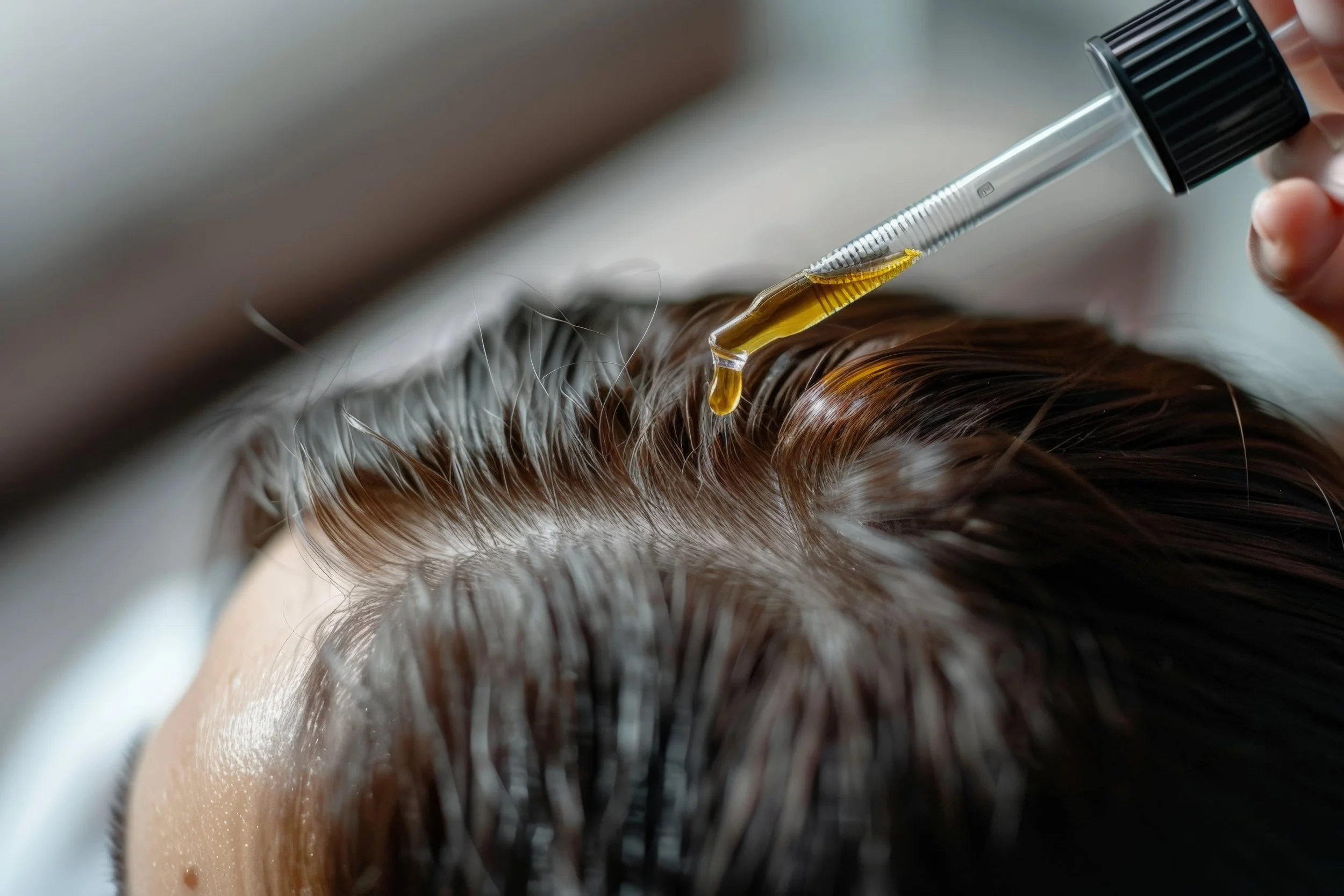
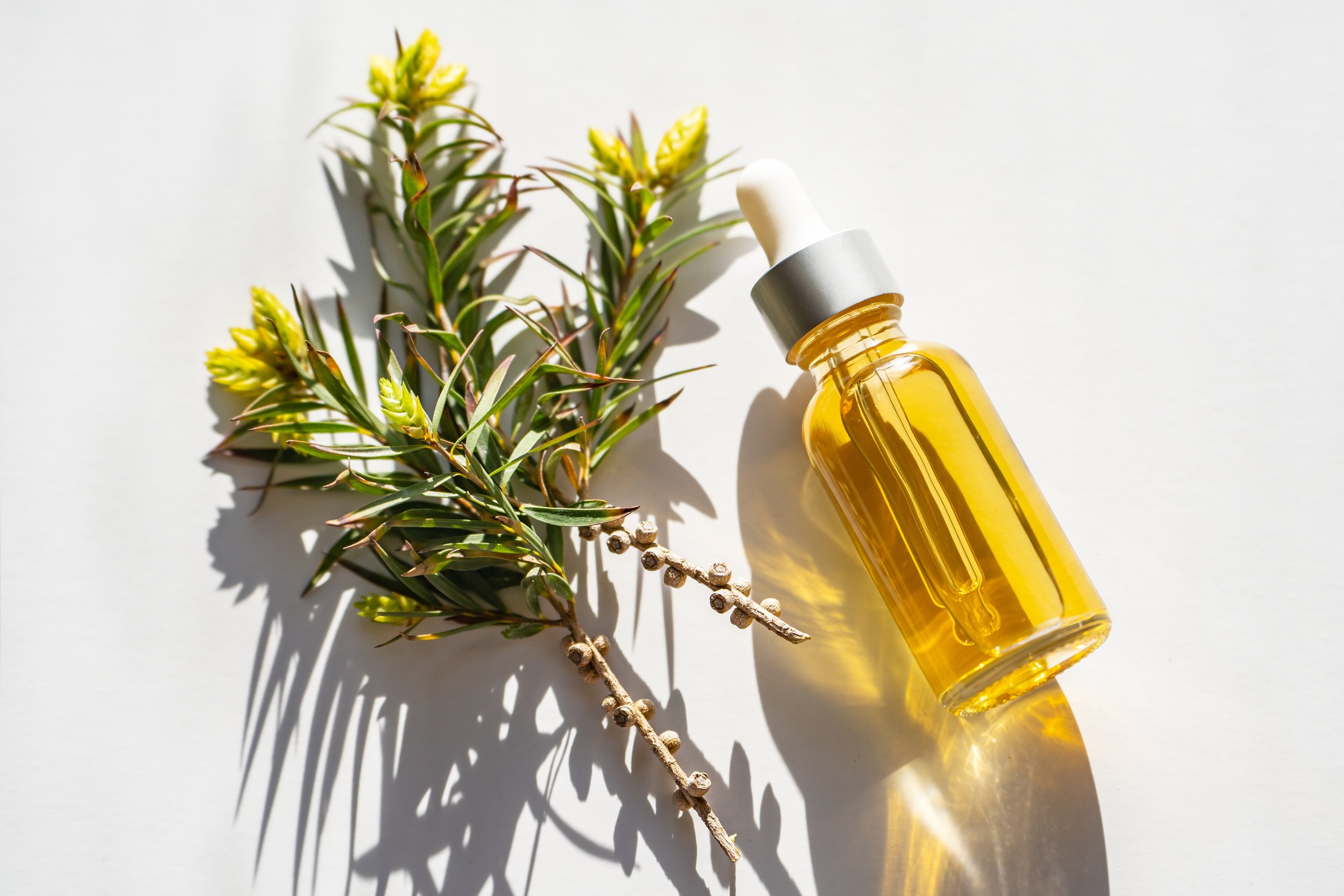
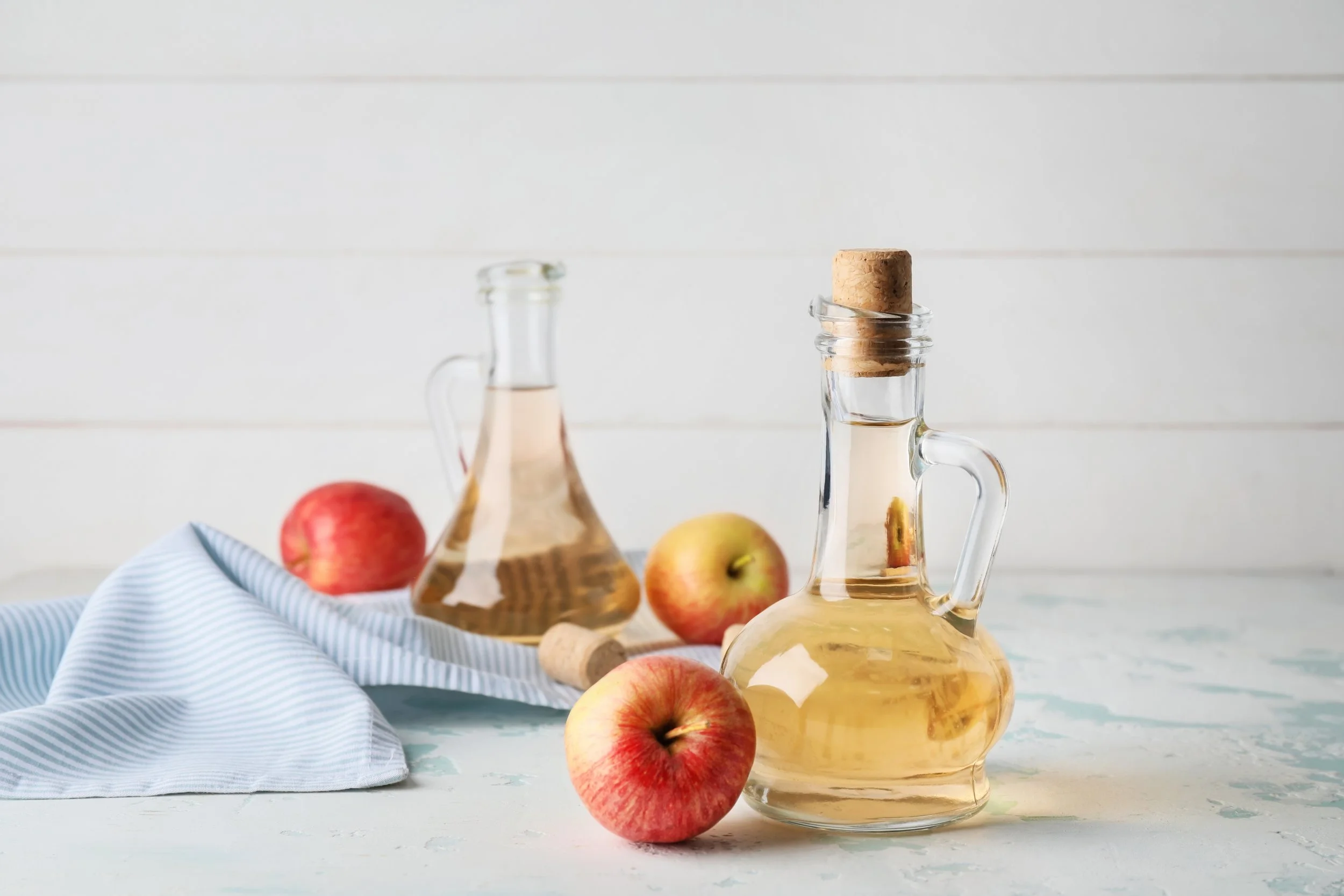

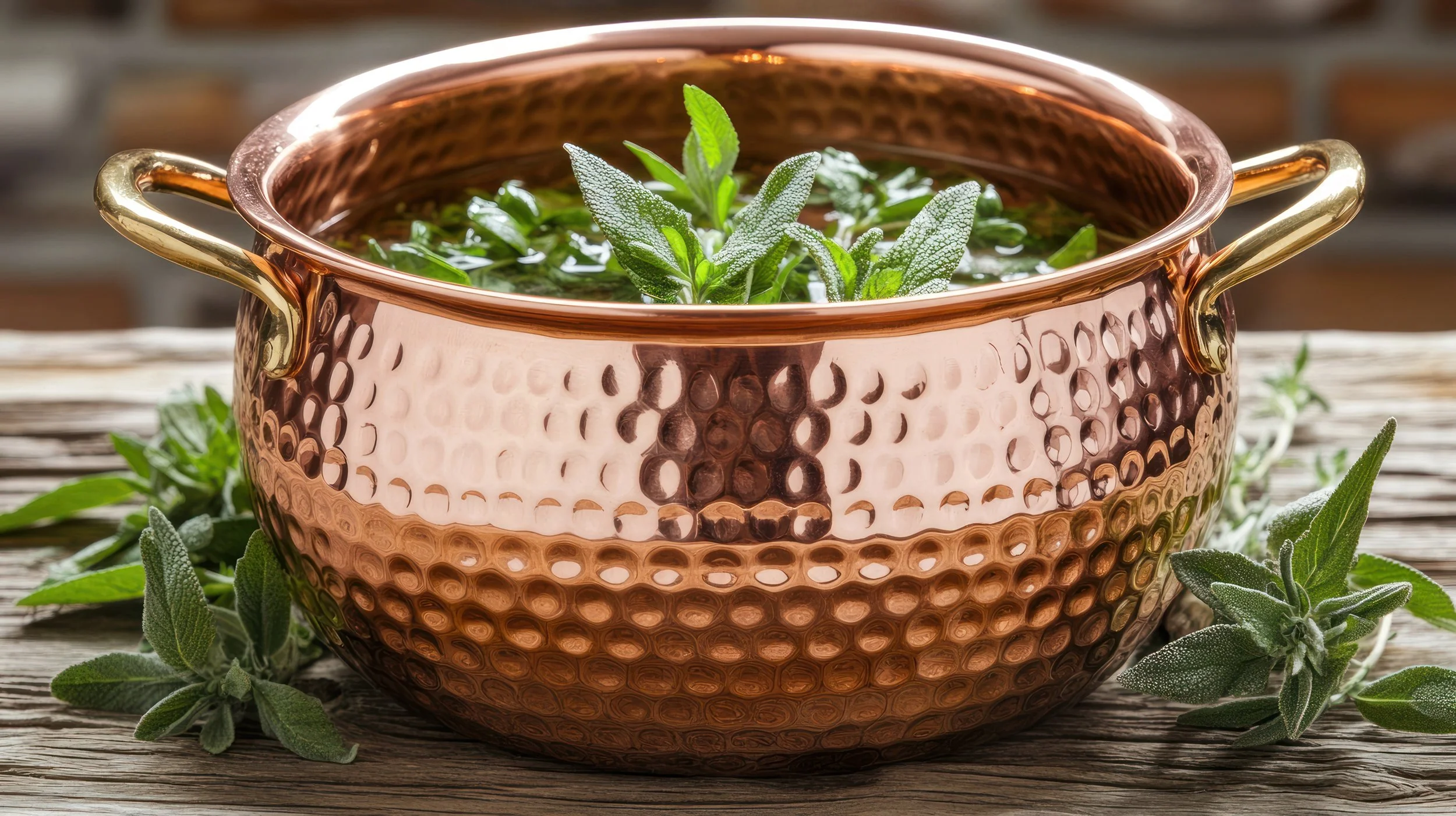
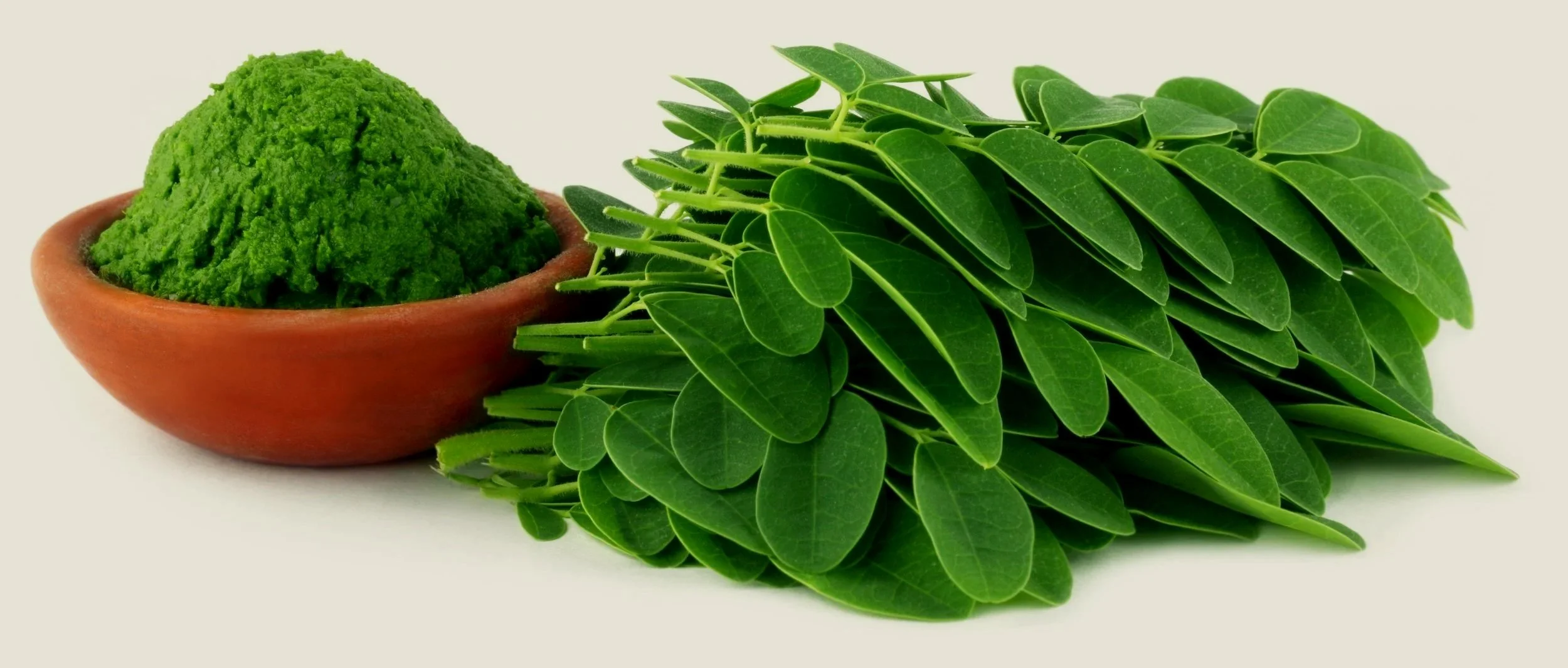
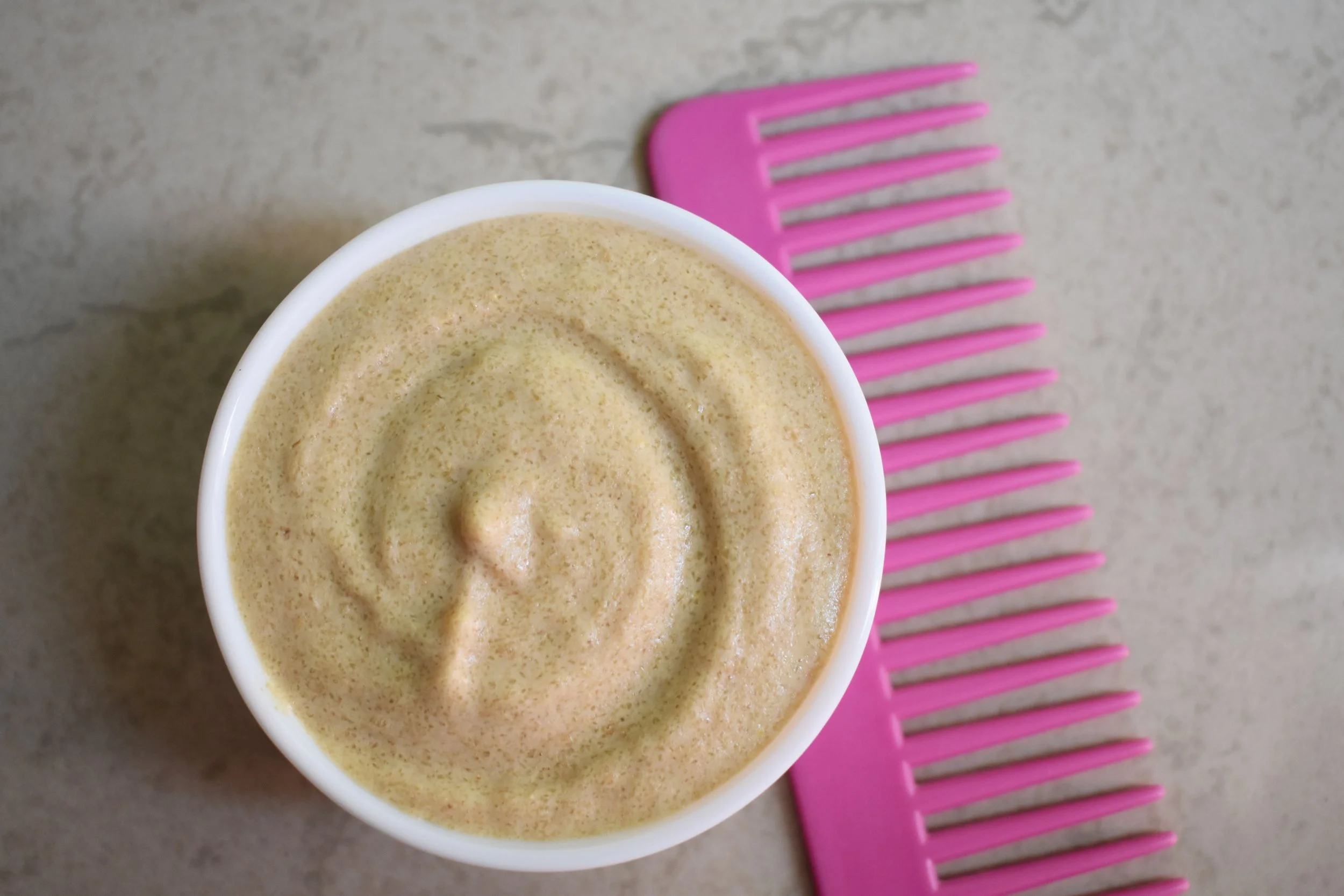






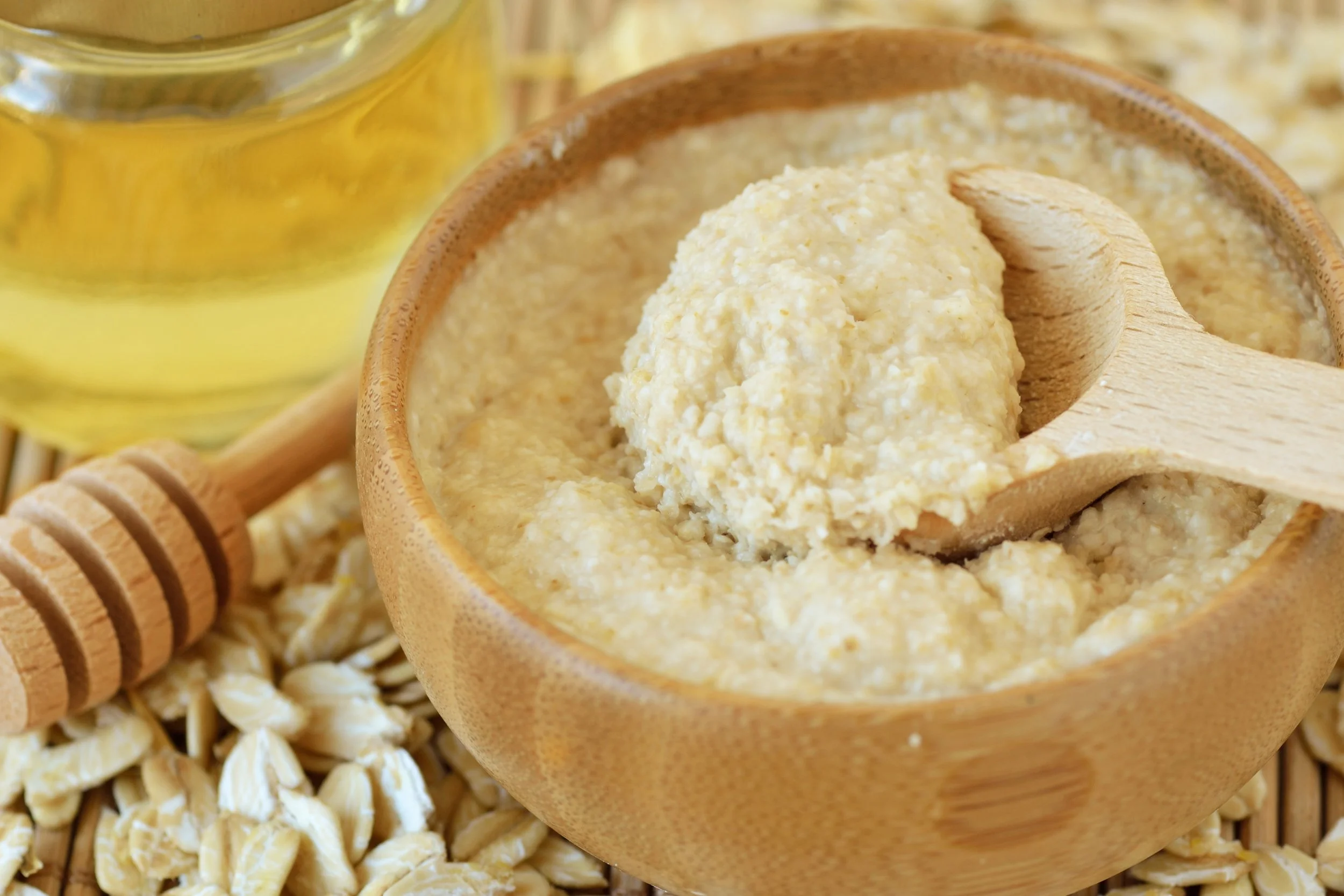

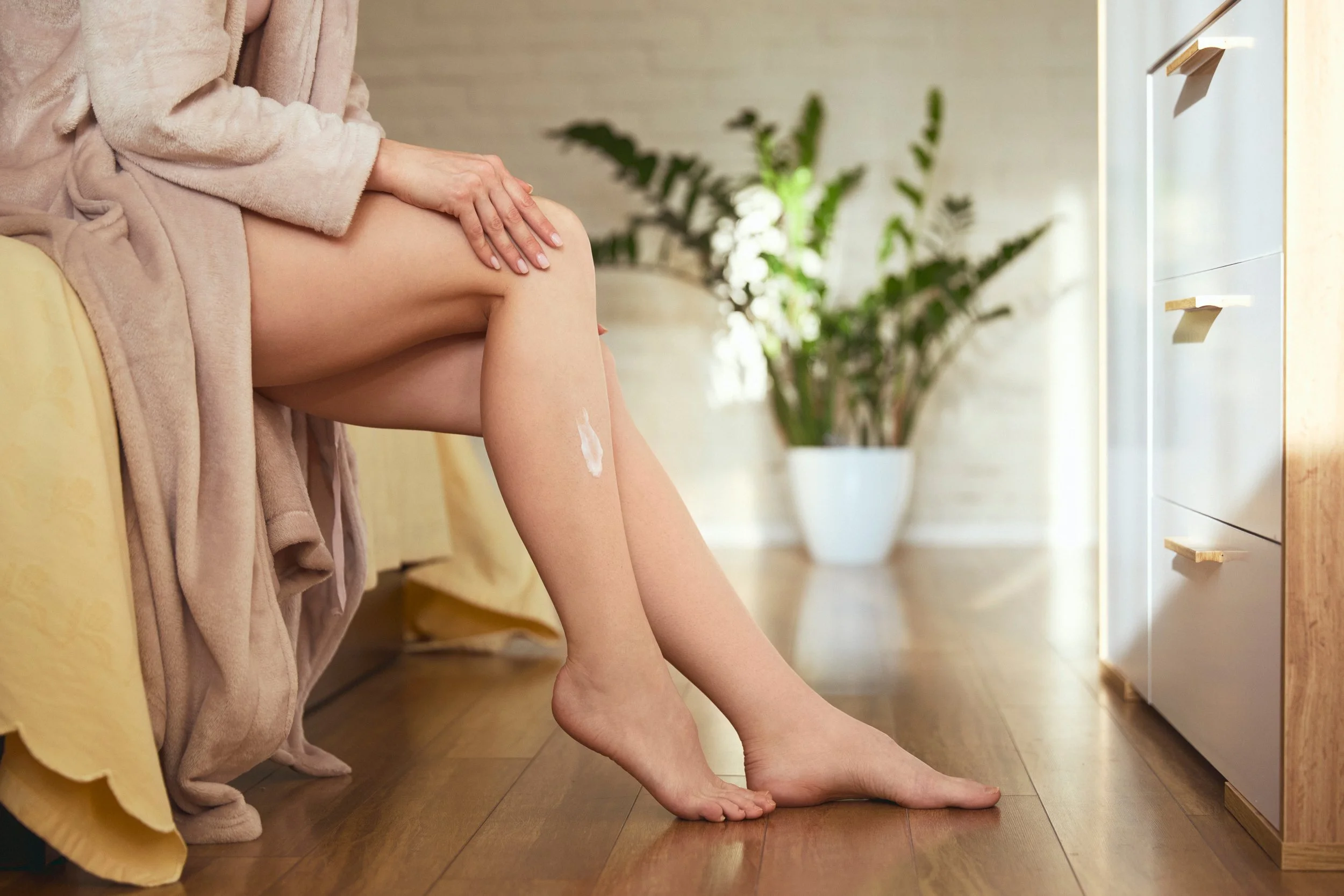
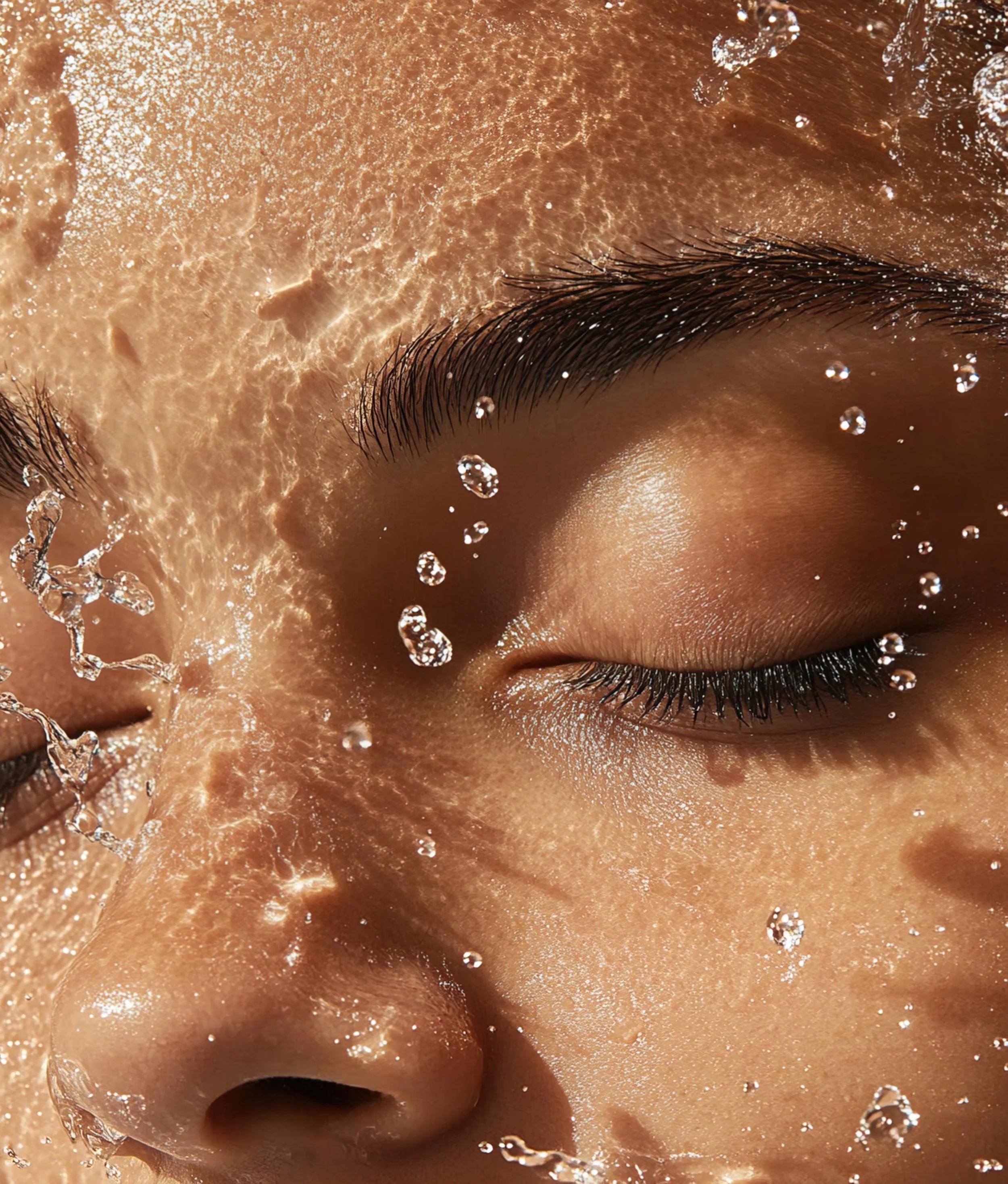




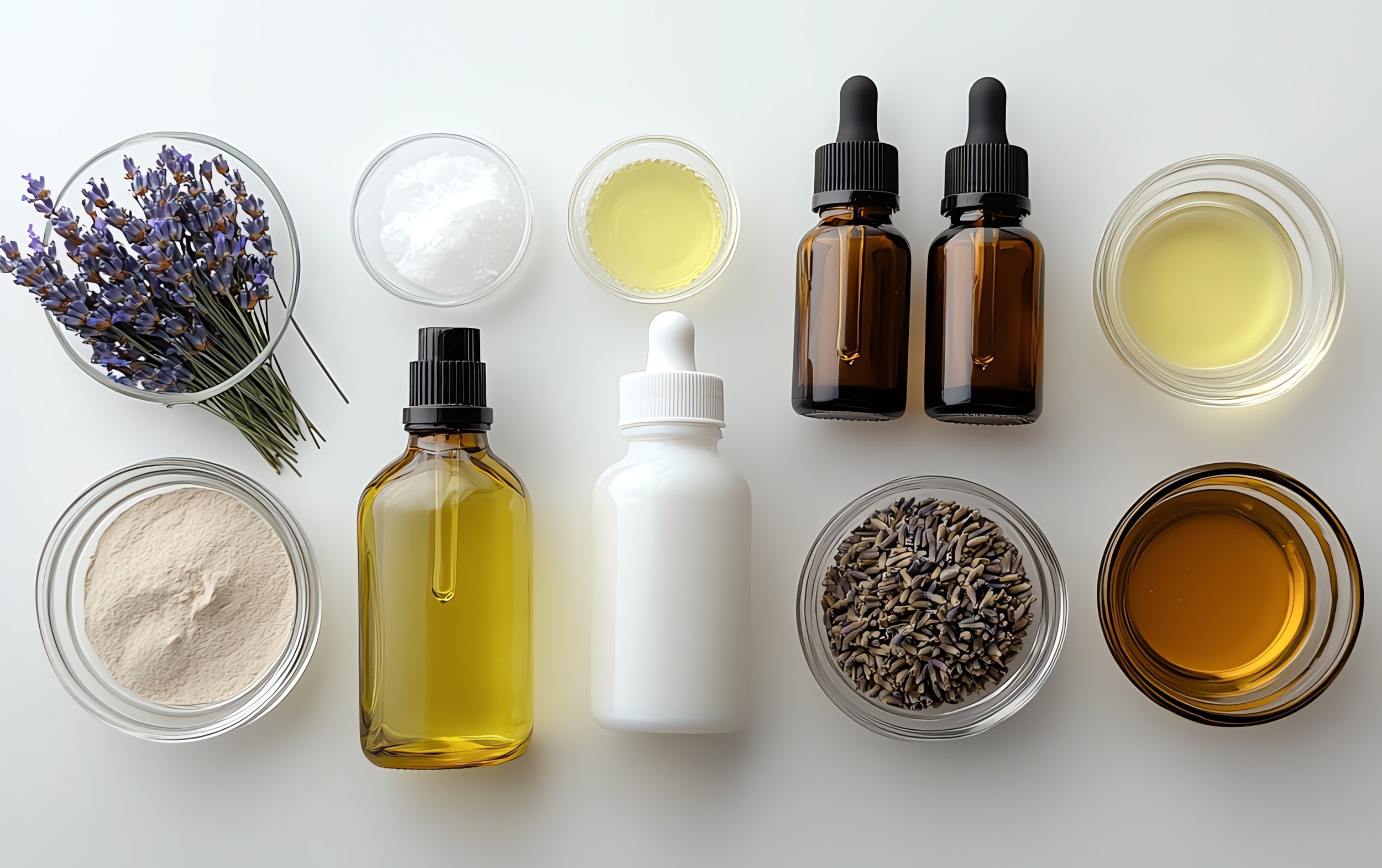

Hello and welcome! I'm Eve, a Chemist turned Herbalist, sharing the wonders of plant medicine and botanical skincare. Join me on this journey to Learn, Create, and Align your Divine!